|
I've been taking a time-out this month, doing some relaxing, some traveling, shaking up the usual routine. In that spirit, I offer a selection of quotes about leisure, recreation and travel. I hope you'll take time out to enjoy them! The healthy being craves an occasional wildness, a jolt from normality, a sharpening of the edge of appetite . . . a brief excursion from his way of life. -- Robert Morrison MacIver Why do you go away? So that you can come back. So that you can see the place you came from with new eyes and extra colors. And the people there see you differently, too. Coming back to where you started is not the same as never leaving. -- Terry Pratchett, A Hatful of Sky Guard well your spare moments. They are like uncut diamonds. Discard them and their value will never be known. Improve them and they will become the brightest gems in a useful life. -- Ralph Waldo Emerson What is this life if, full of care, We have no time to stand and stare. No time to stand beneath the boughs And stare as long as sheep or cows... -- William Henry Davies, "Leisure" Each person deserves a day away in which no problems are confronted, no solutions searched for. Each of us needs to withdraw from the cares which will not withdraw from us. -- Maya Angelou, Wouldn't Take Nothing for My Journey Now The only true voyage of discovery, the only fountain of Eternal Youth, would be not to visit strange lands but to possess other eyes, to behold the universe through the eyes of another, of a hundred others, to behold the hundred universes that each of them beholds, that each of them is . . .
-- Marcel Proust, Remembrance of Things Past
10 Comments
While I'm taking a break for relaxation and recreation, I've invited some of my fellow bloggers to fill in with guest posts. This week's is from blogger/photographer Ruth Daly, who blogs here. Whether or not you carry a camera around, you can apply these insights on slowing down, focusing on details and really learning to see, to your everyday observations of the world around you. Contemplative Photography |
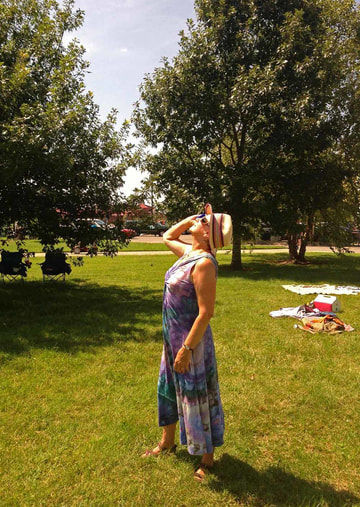 Sally checks the sky (Photo by Mark Kane)
Sally checks the sky (Photo by Mark Kane) Noon. I joined Mark on our shady, makeshift ground cover. We ate a snack and gulped down water. I tested out my safety glasses. The sun was a complete, round, orange ball. I ducked back in the shade. Twelve fifteen. A tiny Pac-Man bite showed in the top right section of the sphere. Someone shouted, "It’s starting!" Over the next half hour, we kept checking. The Pac-Man effect increased and the air began cooling, even though the sun cast shadows. By twelve-forty or so, standing in the sun no longer felt intolerable.
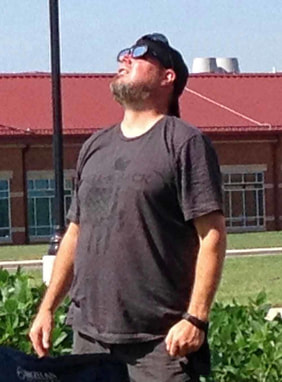 Ready for the show (Photo by Sally Kane)
Ready for the show (Photo by Sally Kane) By one p.m., the sun appeared as a slivered, orange crescent. One-fifteen. Like sentries on cue, several hundred people wrapped their eyes in safety glasses, bent their heads back, and stared skyward.
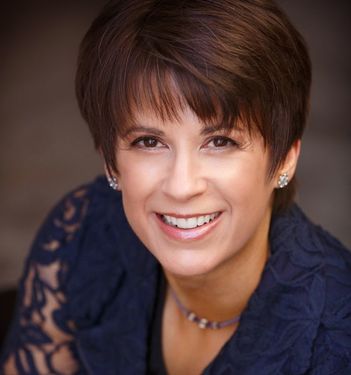 Colleen M. Story
Colleen M. Story I've been a fan of Colleen M. Story and her blog, Writing and Wellness, since I came across her posts on Twitter a year or so ago.
When I learned that Colleen has a new book coming out, I jumped at the chance to read an advance copy. What writer could resist a book titled Overwhelmed Writer Rescue, with this tagline: "Stop drowning in your to-do list and start living a more joyful creative life!"?
Though the book has "Writer" in the title, the advice in it applies to creative folks of all kinds, and even those who don't consider themselves creative.
| Art of any kind takes a ton of focus and mental energy. And most of us are working it in between our day jobs and family responsibilities. But in today’s world, writers must also market themselves, and that’s like adding on a third job. Marketing takes a ton of time and education, and so we’re squeezing every second out of the day blogging and interacting on social media and running giveaways and learning about what else we need to do to promote our work. In the midst of all those activities, we’re losing time to write. That was hard enough to find in the first place! On top of that, we’re living in a world of constant distraction. There are just so many things vying for our attention, and we often lose the battle and succumb to watching YouTube videos instead of writing (or painting or composing). |

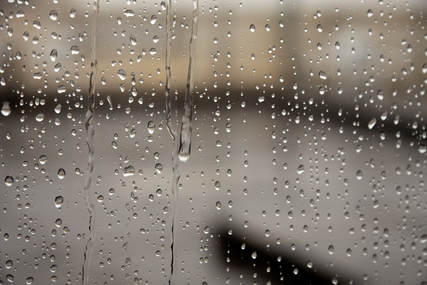
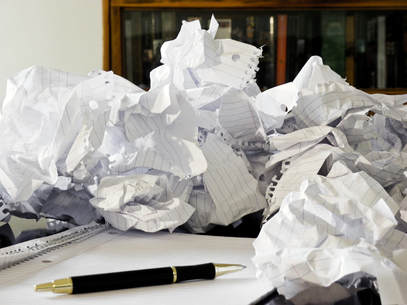

from the heart of the woods
Available now!
Author
Nan Sanders Pokerwinski, a former journalist, writes memoir and personal essays, makes collages and likes to play outside. She lives in West Michigan with her husband, Ray.
Archives
April 2022
August 2021
July 2021
June 2021
May 2021
April 2021
January 2021
December 2020
November 2020
October 2020
September 2020
August 2020
July 2020
June 2020
May 2020
April 2020
March 2020
February 2020
January 2020
December 2019
November 2019
October 2019
September 2019
August 2019
July 2019
June 2019
May 2019
April 2019
March 2019
February 2019
January 2019
December 2018
November 2018
October 2018
September 2018
August 2018
July 2018
June 2018
May 2018
April 2018
March 2018
February 2018
January 2018
December 2017
November 2017
October 2017
September 2017
August 2017
July 2017
June 2017
May 2017
April 2017
March 2017
February 2017
January 2017
December 2016
November 2016
October 2016
September 2016
August 2016
July 2016
June 2016
May 2016
April 2016
March 2016
February 2016
Categories
All
Art
Better Living
Books
Community
Creativity
Events
Explorations
Food
Gardens
Guest Posts
Health
Inspiration
Last Wednesday Wisdom
Local Artists
Mecosta County
Montcalm County
Music
Muskegon County
Nature
Newaygo County
Oceana County
People
Photography
Pure Michigan
Reflection
Return To Paradise
Samoa
Writing
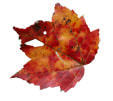
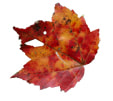
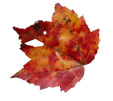
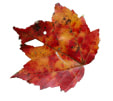
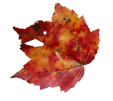
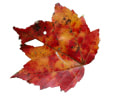
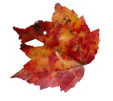


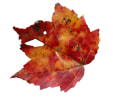
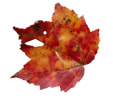
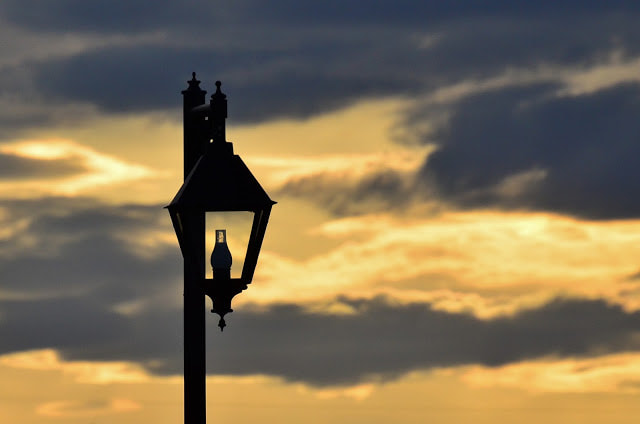
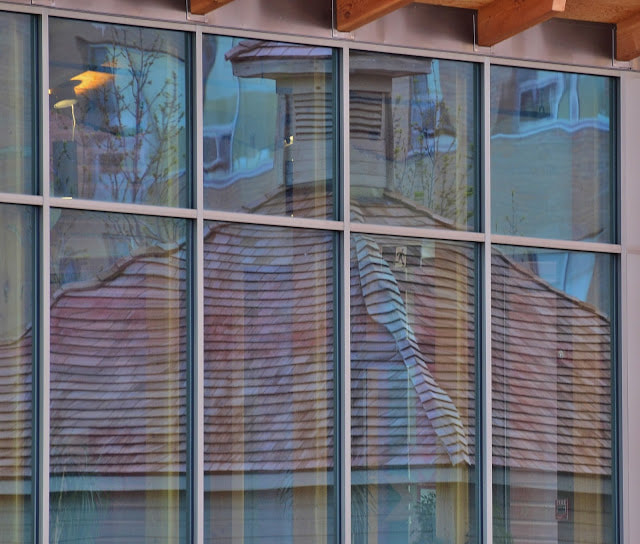
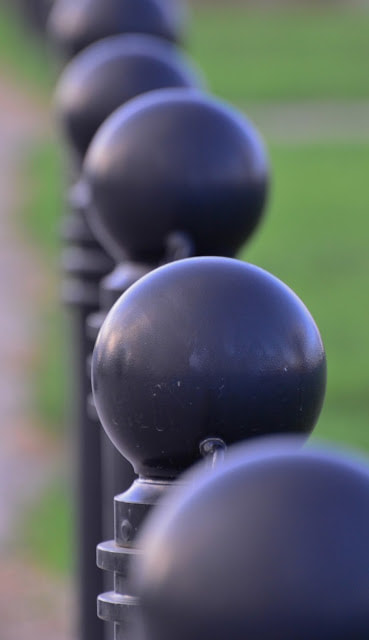
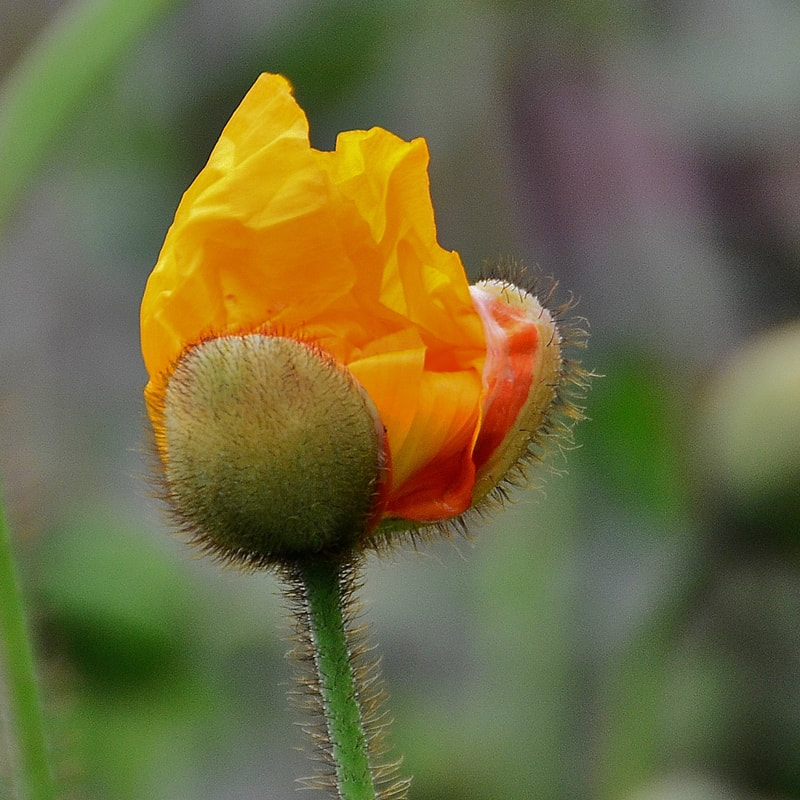
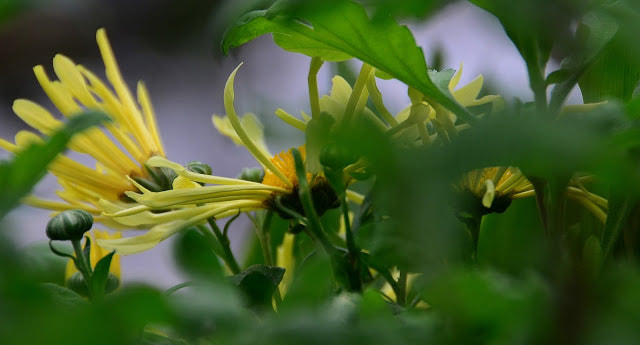
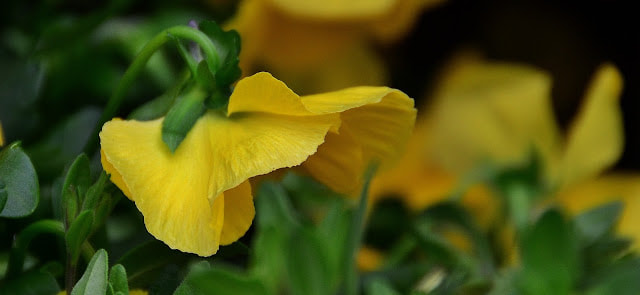
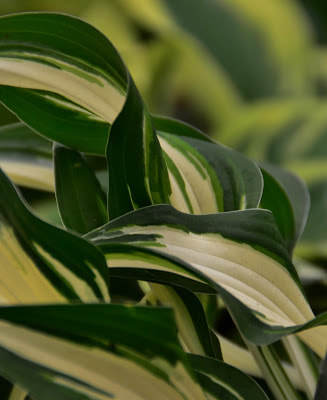
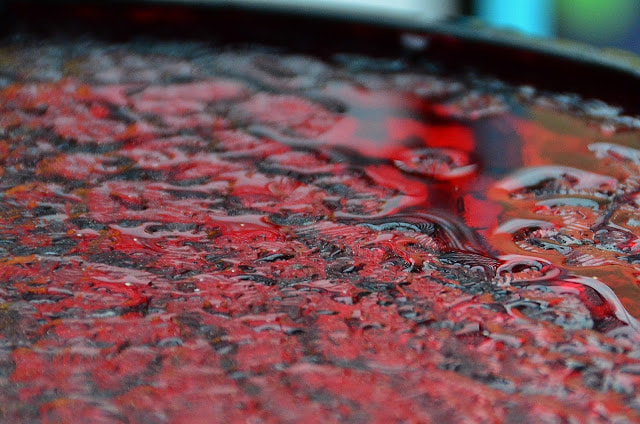
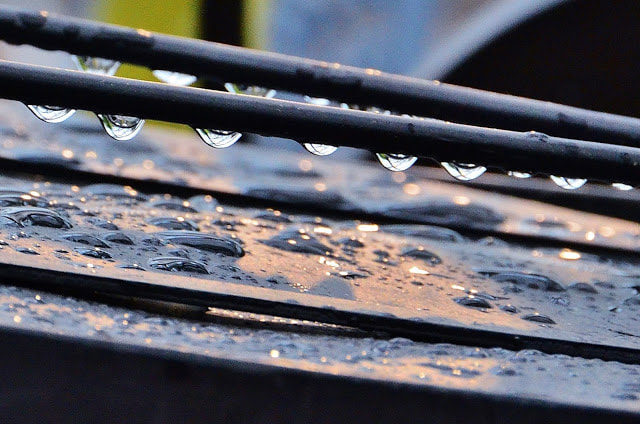
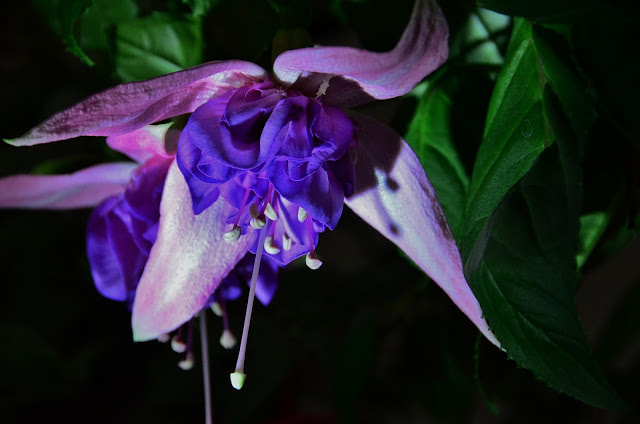
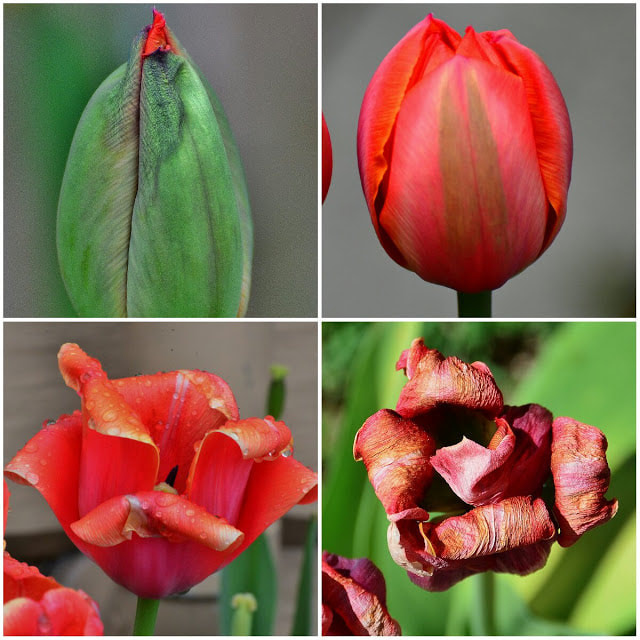
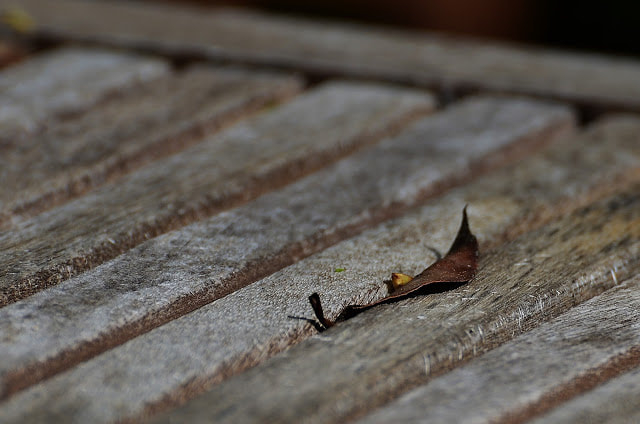
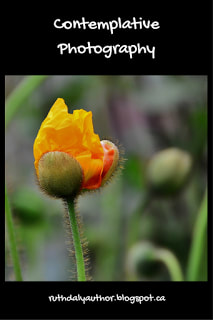
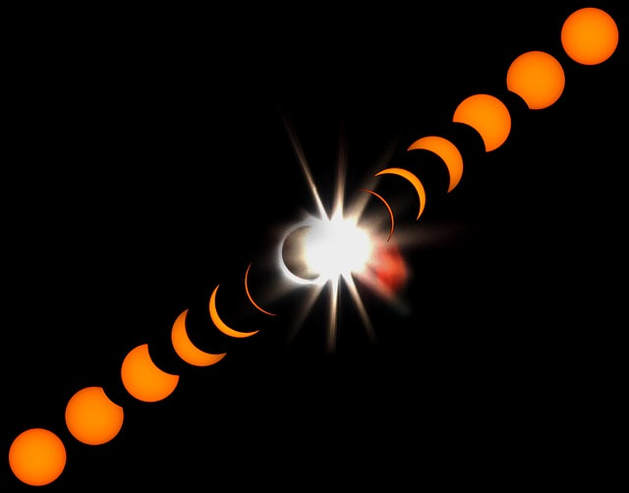
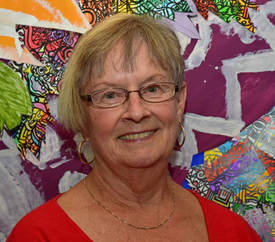
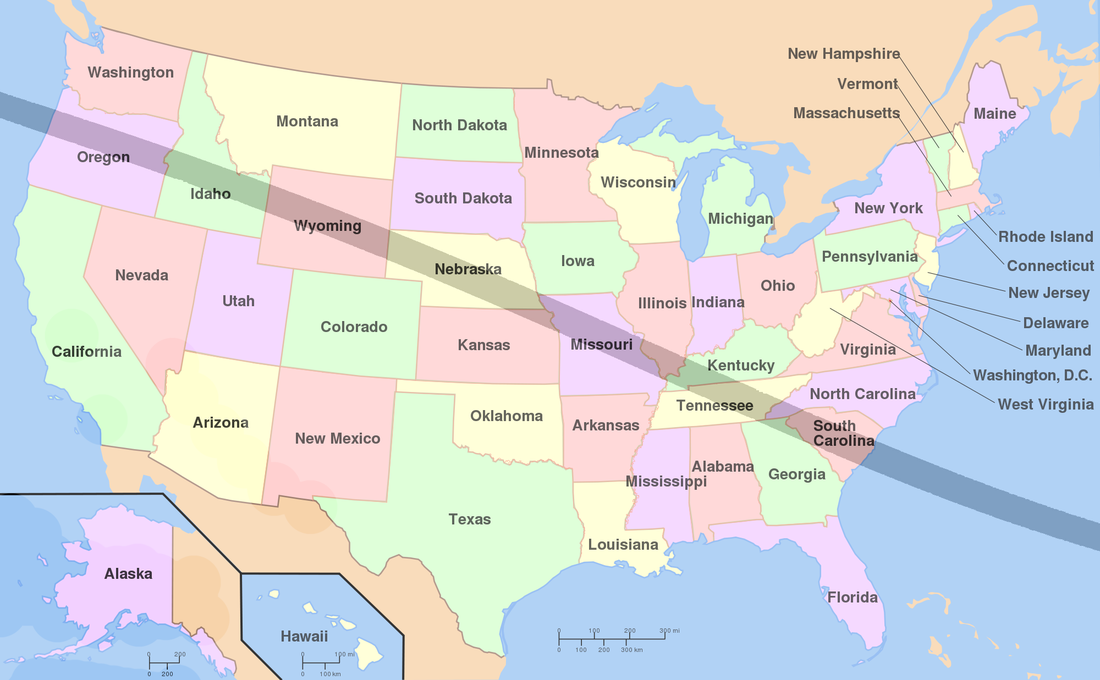
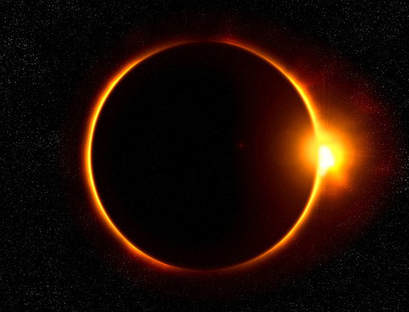
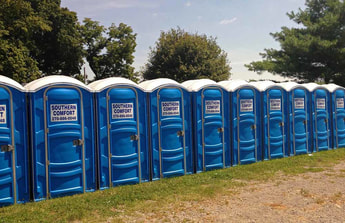
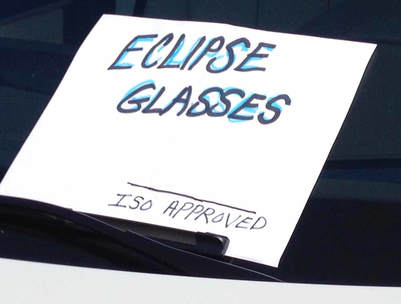
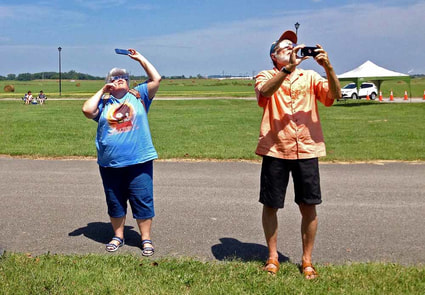
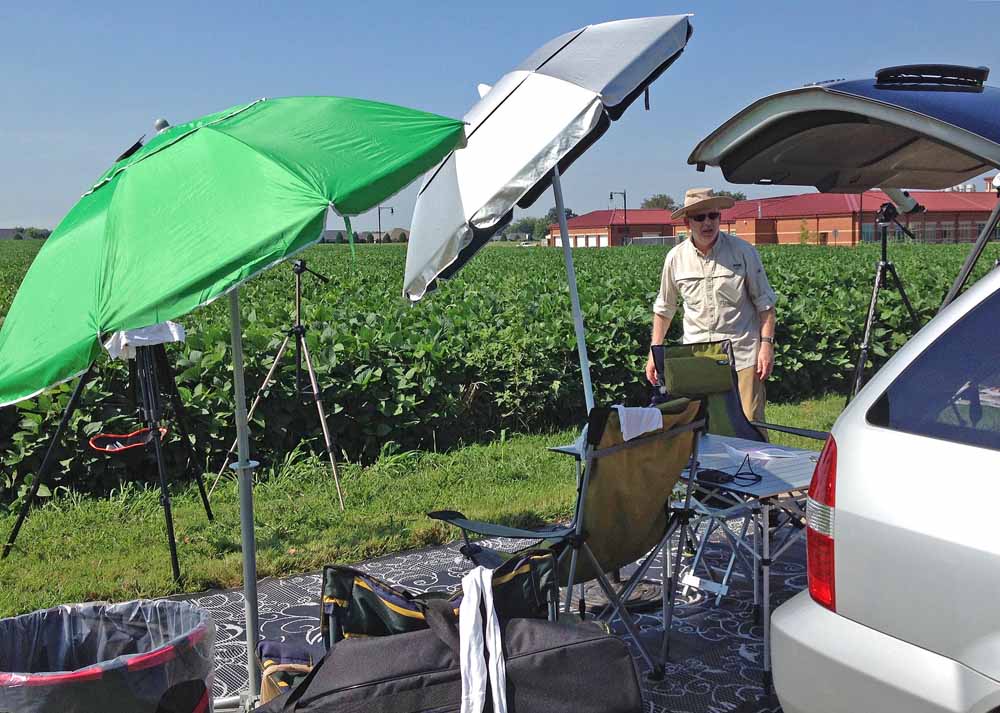
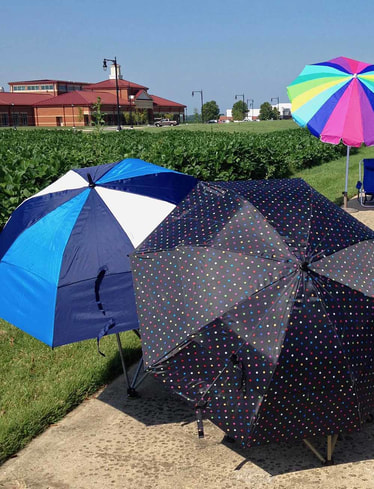
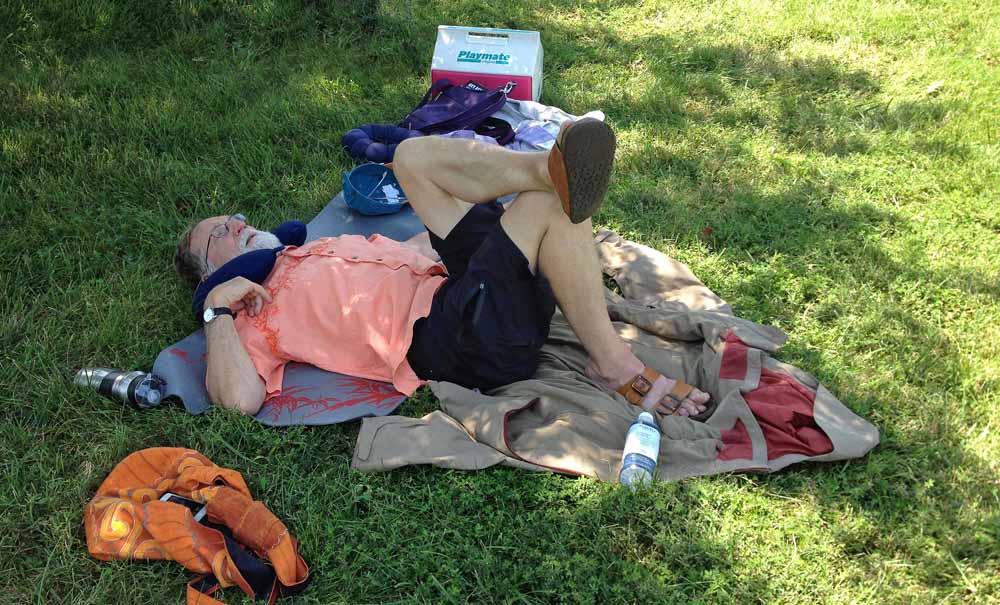
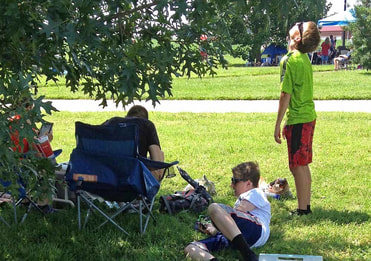
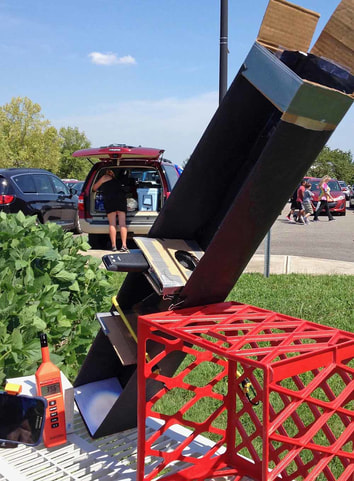
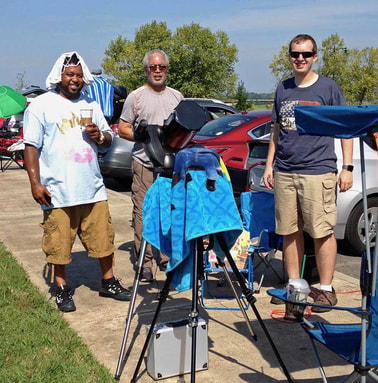
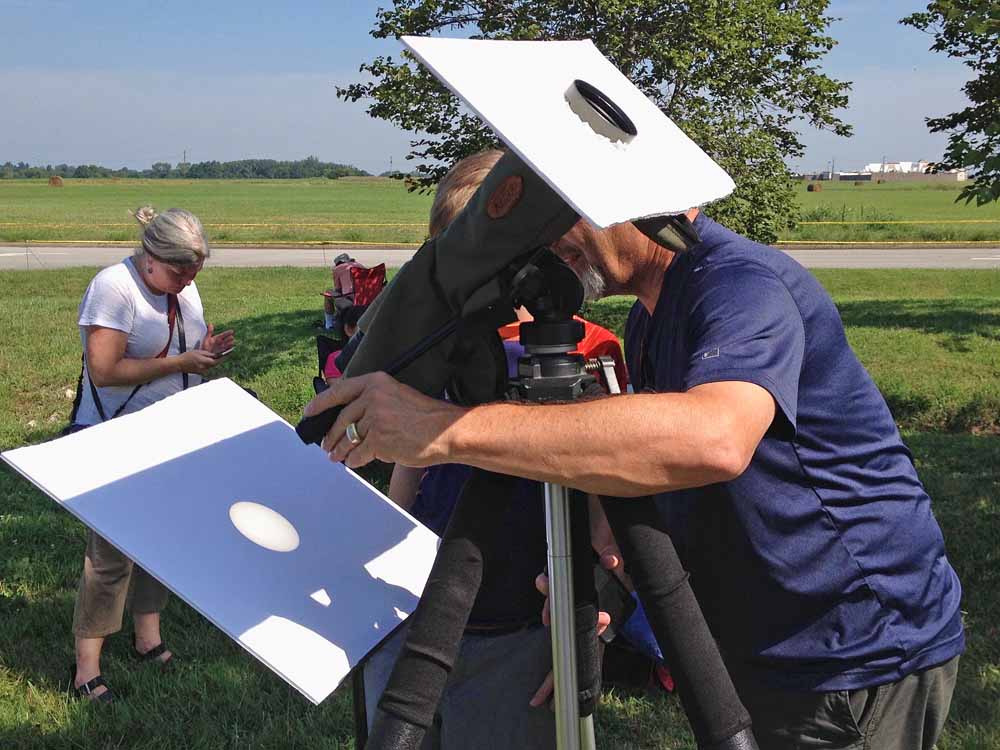
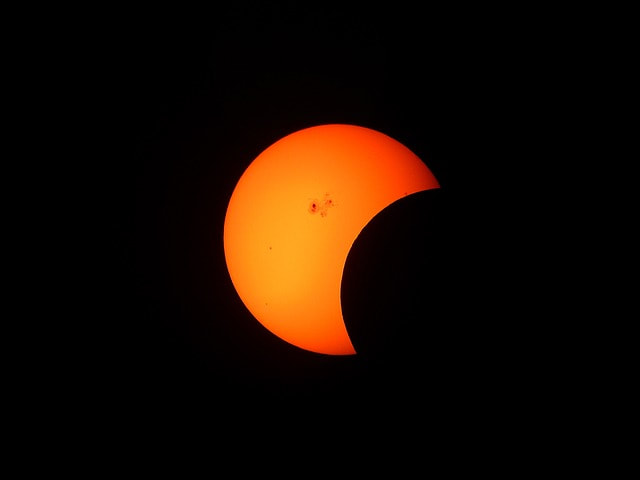
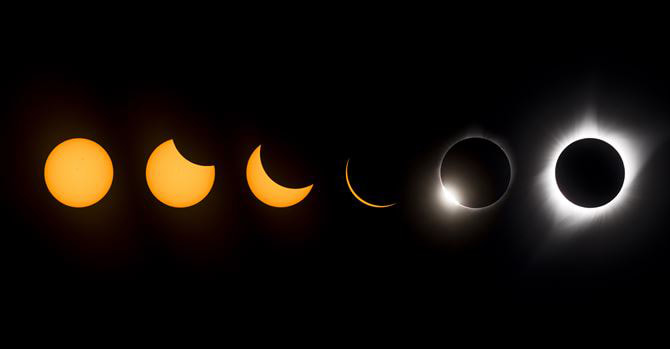
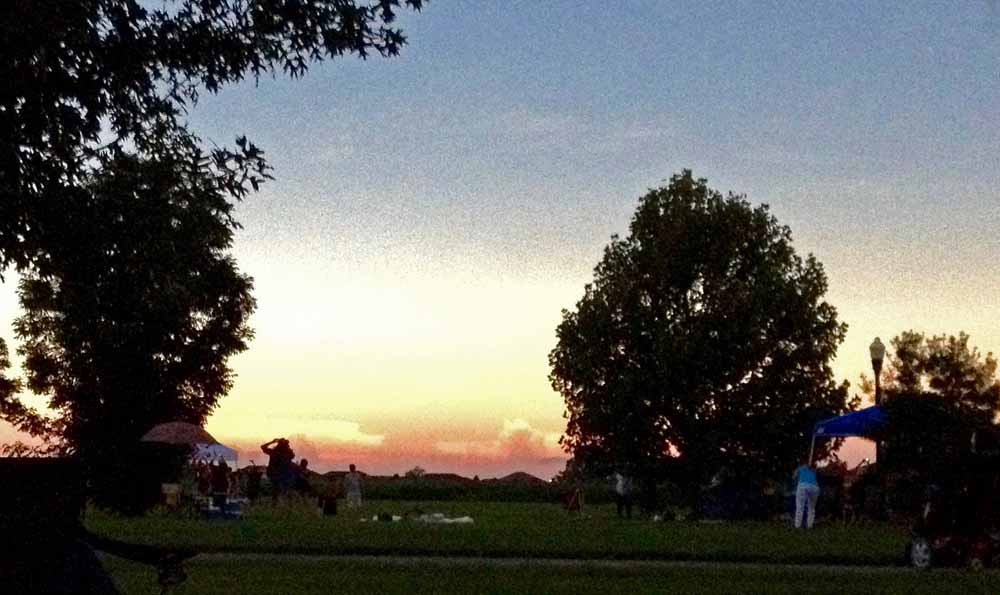
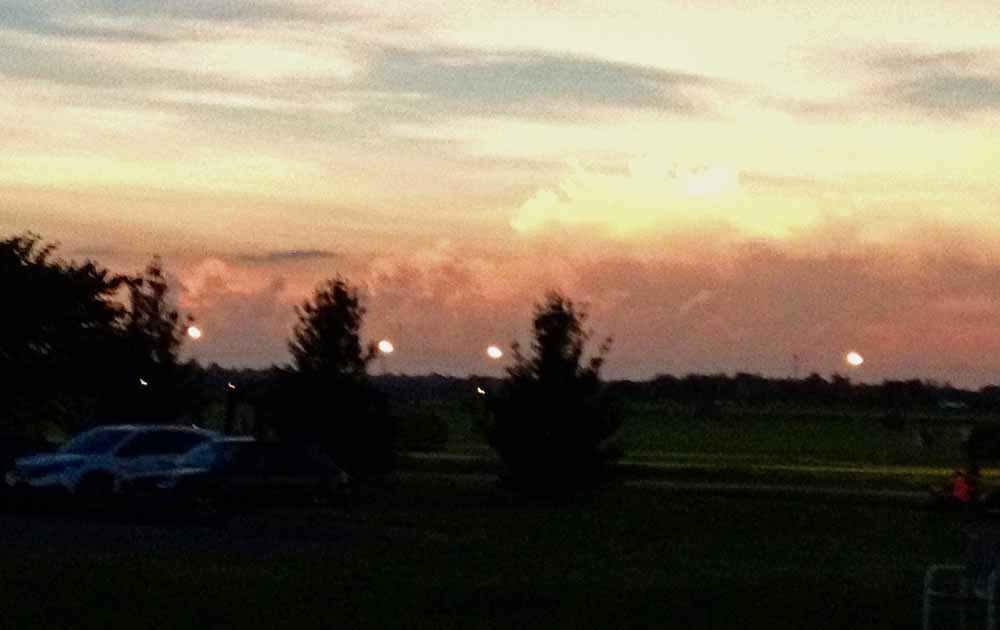

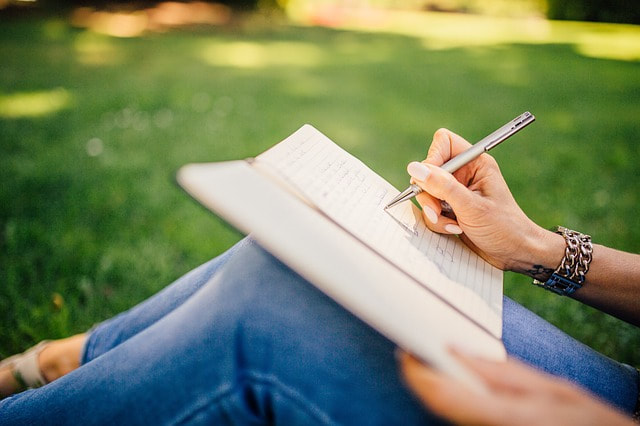
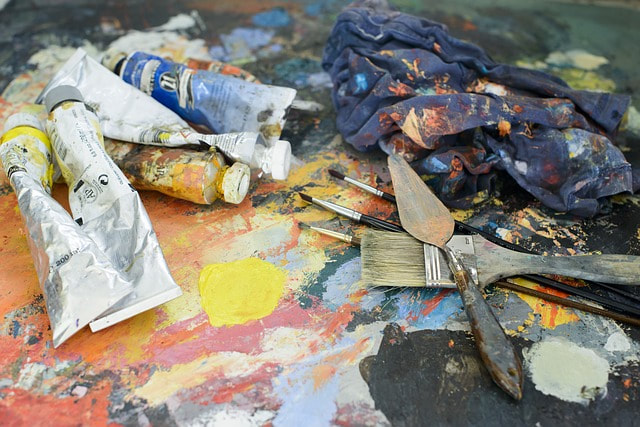
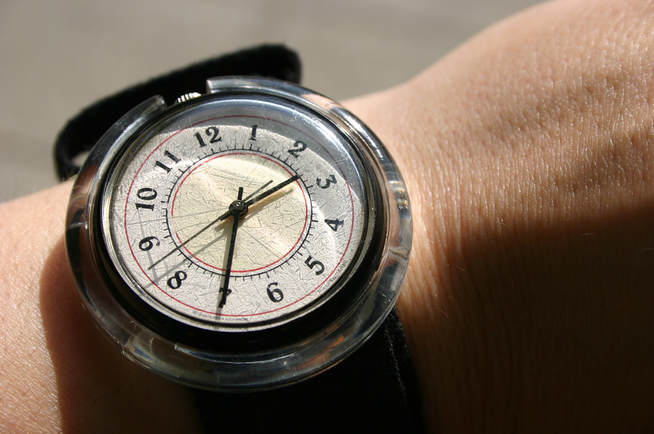
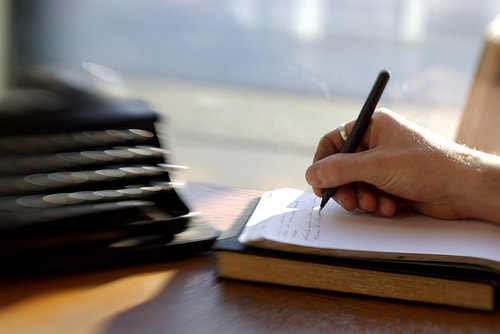
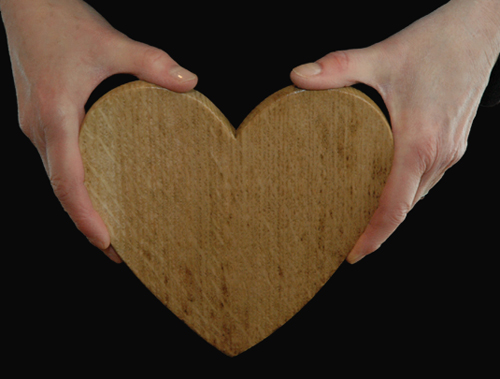
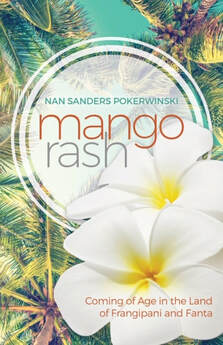
 RSS Feed
RSS Feed